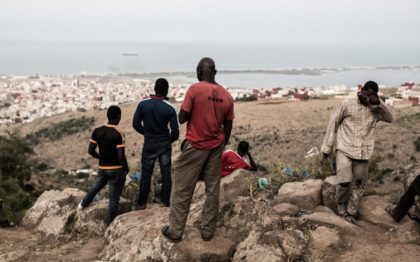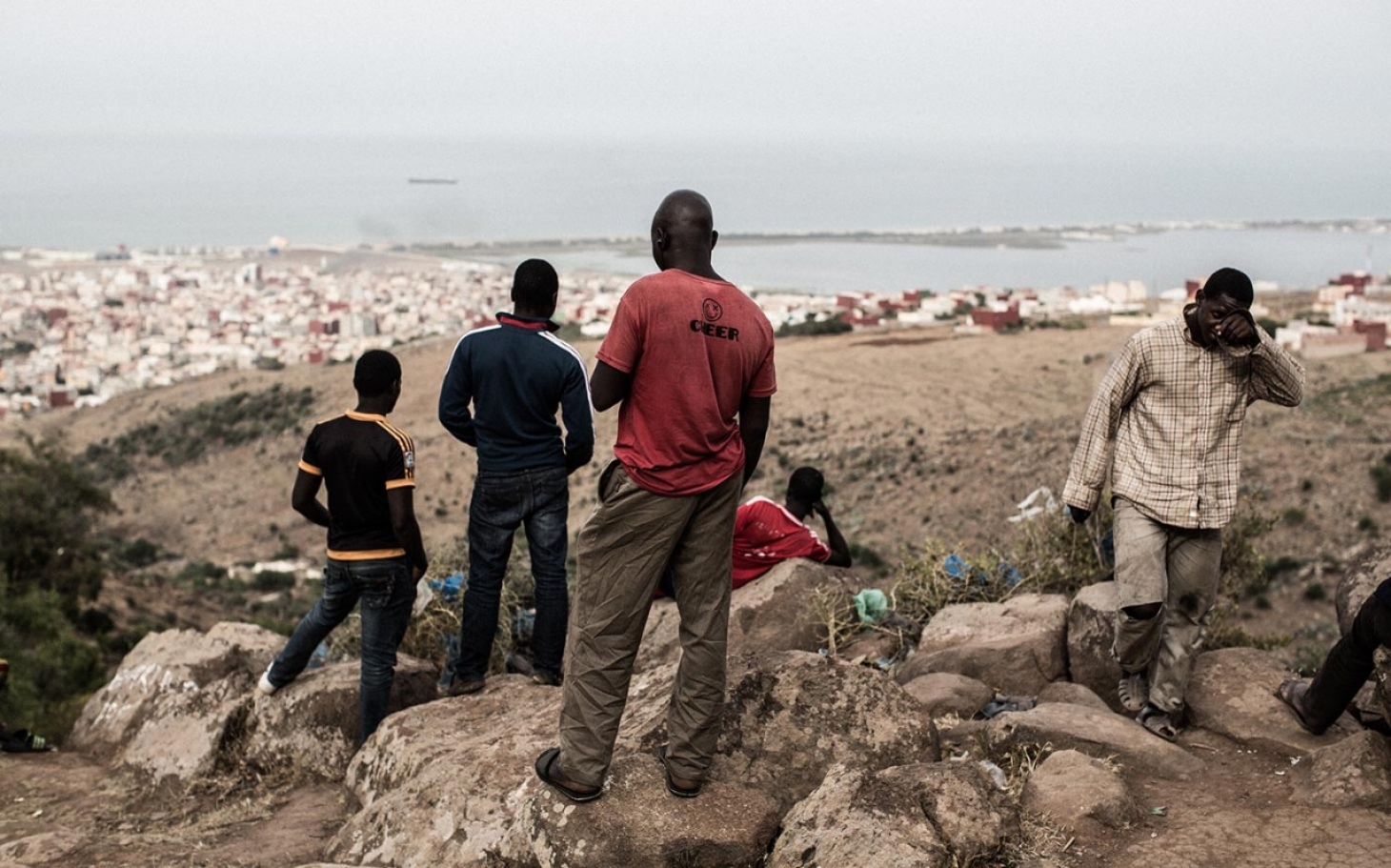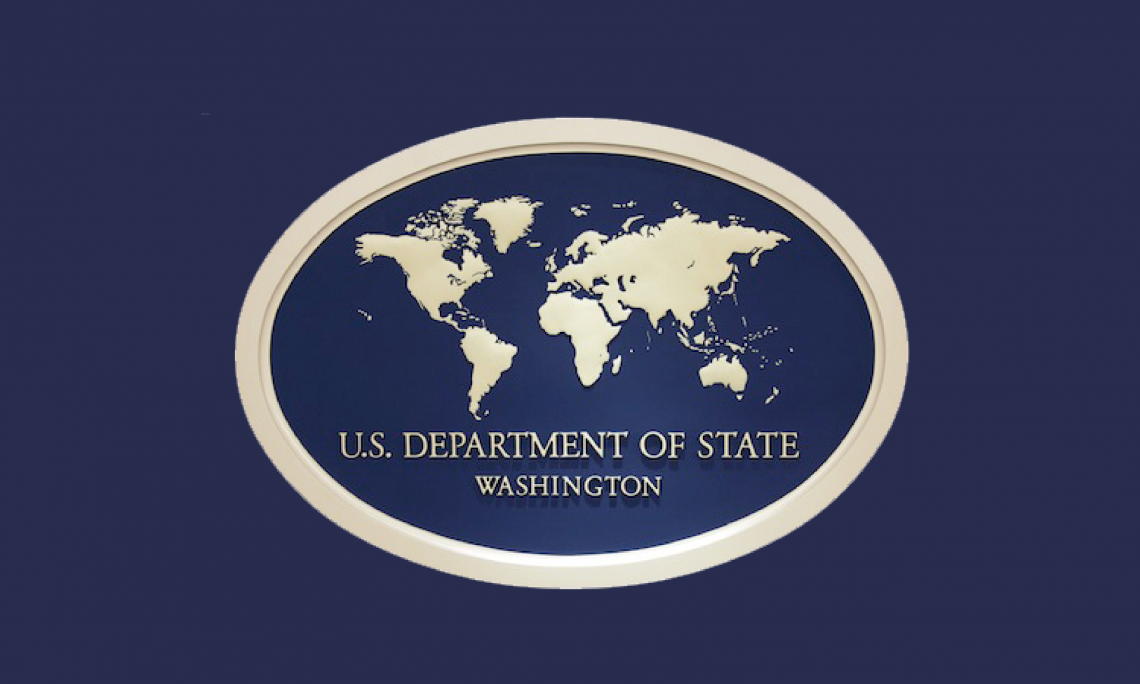 The EU has been thinking of outsourcing the management of migration and asylum to North African countries where most migrants are taking the perilous sea route to Europe.
The EU has been thinking of outsourcing the management of migration and asylum to North African countries where most migrants are taking the perilous sea route to Europe.
The idea of setting up migrant processing centers is winning support in the EU but has been met with utter rejection by Morocco, Algeria and tunisia.
“Morocco rejects and has always rejected these kinds of methods for managing the issue of migration flows,” Nasser Bourita said last week.
The same stand has been expressed in Algeria where authorities continue forced repatriations of Sub-Saharans.
Algeria will not accept centers for illegal migrants on its soil, the Algerian Foreign Minister said.
Tunisia said it is dead set against the European Union’s migration proposal to open reception camps in North Africa. Tunisia will not be a place for the planned centers, Tunisian Foreign Minister Khemaies Jhinaoui said.
“We are naturally against the establishment of reception camps. It was not proposed to Tunisia, and if proposed, we think that there will be other ways to solve migration crisis,” he said.
“This subject will not be sorted out by rejecting others, creating reception camps. There is a need for a win-win partnership for the interest of Europe and also for all countries in the South,” he added.
The mayhem in Libya and the tightening of border control by Turkey is pushing increasing numbers of illegal migrants to opt for the Maghreb route, which puts a strain on Morocco notably which is viewed as most attractive route to Europe.
Morocco responded to the migration problem by launching a solidarity-based policy granting legal stay to more than 24,000 migrants and currently processing more than 28,000 residency applications mostly submitted by Sub-Saharan states.
Algeria, on the other hand, opted for the use of force rounding up migrants indiscriminately and abandoning them in the desert on the borders with Niger, a move that put Algeria under the fire of international rights NGOs.
As Europe and Spain in particular complain of a surge in arrivals of illegal migrants estimated at 12,155 so far this year by the IOM, little attention is paid to the scale of migration within Africa where climate conditions, wars and conflicts as well as poverty are pushing millions to seek better opportunities in other African states.
Imposing disembarkation platforms on North African states will not solve the migration problem in the Mediterranean. Such a solution is only treating the symptoms of a larger problem whose deep roots lie in lack of development and prospects for a dignified life.
While extreme right groups and populists in Europe use migration as a fuel for their hate speeche and xenophobic discourse, little attention is paid to the contribution of migrants to the development of the aging continent.
Morocco, which is leading the debate over the benefits of migration in Africa, has advocated a paradigm shift in how migration is viewed. The same view has been echoed in an UNCTAD report praising the contribution of migrants to the development and growth of the hosting countries.
It all boils down to perception. If migration is treated as a threat, then drastic human rights violations would follow. But if migration is treated as an issue requiring collective efforts to organize it and draw benefits from it then it would become a lever of growth and development.
Europe is called upon to negotiate with its southern neighbors and with Africa as a whole for means to counter illegal migration and encourage legal migration while helping Africa address the main drivers for illegal migration notably poverty, conflicts and climate change.



